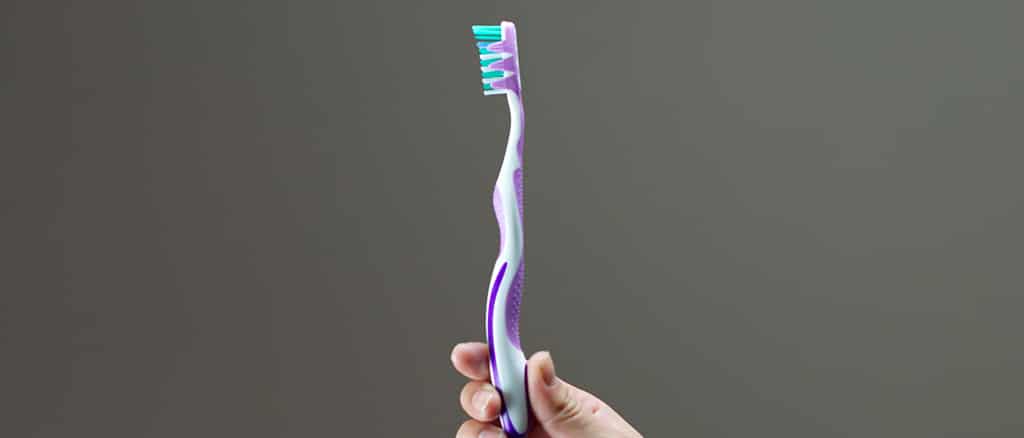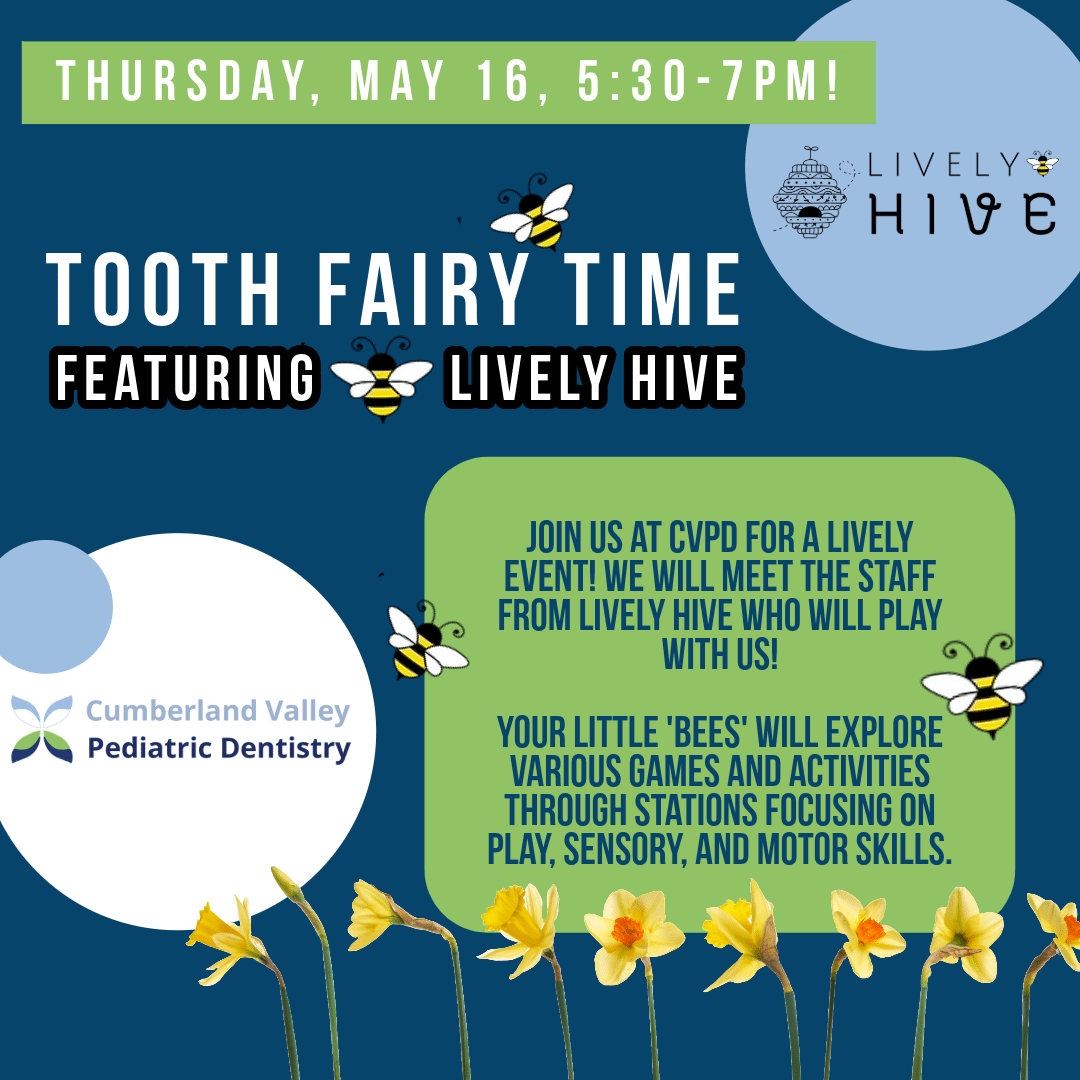Teaching proper oral health habits for your children is essential to helping them develop a healthy mouth and great smile! Right when that first baby tooth comes in is when cavities and decay can start being a risk for your little one. Use these tips below to help get your child in the habit of brushing their teeth and practicing good oral health.
Cleaning Your Baby’s Teeth
If your child is too young to learn proper brushing habits you should clean their teeth for them. It is recommended for parents to help brush their children’s teeth up to the age of 8. After your child’s teeth start coming in, it is recommended to brush their teeth twice daily. For children under 3 years old, a rice-sized amount or smear of fluoride toothpaste is recommended. Using no more than a pea-sized amount of fluoride toothpaste is appropriate for children 3-6 years old.
Read: When Should I Take My Child To Their First Dental Visit?
Brushing Habits for Your Toddler
According to the American Dental Association, once your child has two teeth that are touching each other. It is time to start cleaning their teeth daily. Once old enough, brushing your child’s teeth twice a day is a golden rule to follow for maximum effect. Make sure to give kids encouragement. Parents and caregivers face many challenges and sometimes the battle of helping children brush their teeth feels too overwhelming to handle. Encourage them to keep their chin up and to keep trying because good oral health at a young age can translate to good habits for the rest of their lives!
Read: Tips To Help Parents Get Kids Excited About Brushing
Why Are Baby/Primary Teeth so Important
We are all familiar with “baby teeth,” the set of teeth we have that fall out during our childhood into adolescence. What we may not know is those baby teeth are scientifically known as, Deciduous Teeth and are actually developed during the embryonic stage of pregnancy. This first set of teeth usually begin to erupt from the gums in infancy and continues to grow until around the age of 6 when the adult teeth begin to replace them.
Baby/Primary teeth are especially important for children as they transition from baby teeth to adult ones. Baby teeth keep your jaw straight and prepare your little one’s mouth for the adult teeth that will eventually come in. The way your child communicates and eats is developed with the help of baby teeth. Keeping their smile healthy and shining is of utmost importance. These oral health habits establish a precedence for the routines your child will establish over their lifetime.
Making Brushing Fun
Kids love games and, depending on their age, they are often excited about doing activities where they can bond with others. Unfortunately, children typically associate toothbrushing with bedtime. And we all know how most kids feel about bedtime. So try brushing before they get in the bath or change into their pj’s to try to avoid the negative association of toothbrushing and bedtime. You can also try turning on their favorite song for them to dance to while brushing!
If you enjoy doing something, you’ll want to do it more. That’s why we have given you a couple of ways to try and make brushing teeth fun for your child.
- Make it a Game: There are many different games you can make up or find online that can help persuade your child to want to brush since they get to play at the same time.
- Give Them A Sense of Independence: Let them choose their own toothbrush, toothpaste, etc.
- Sweeten up the Experience With Some Flavor: (mint can be a little too boring for some kids.)
- Family Event: Make brushing something you do as a family and it could become a fond activity your child loves to do with you.
- Brushing Concert: Let your little one listen to some tunes while they brush so they can dance around a bit while they get their teeth nice and clean.
- Reward Them: If you have to, make a reward system for your child so they have something to look forward to each time they successfully brush their teeth.


